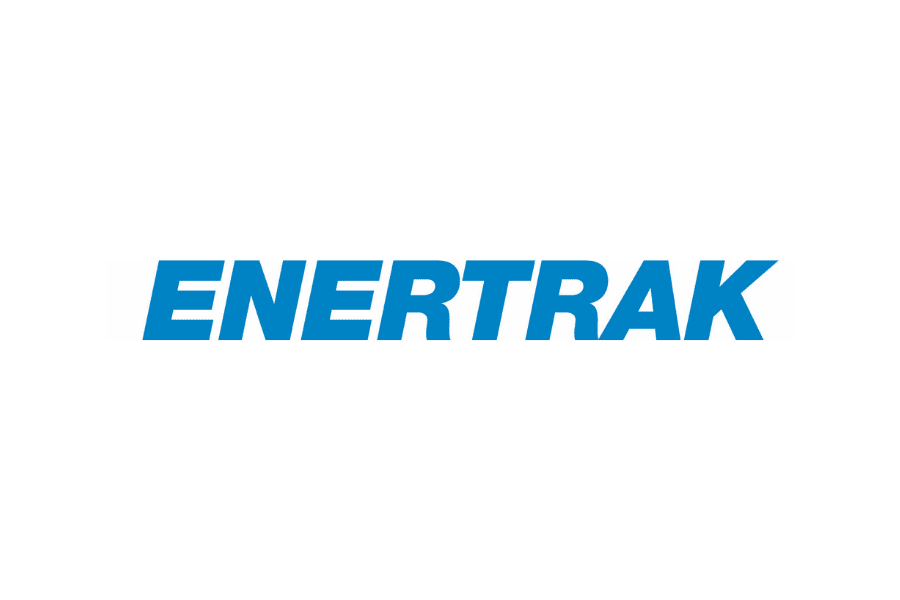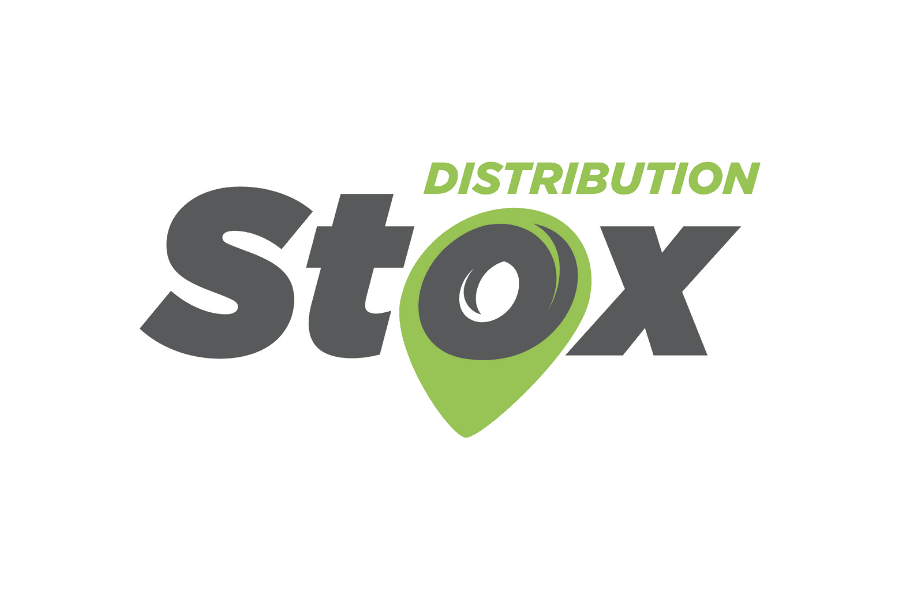Choosing between hybrid cloud and multicloud for your organization
Imagine combining the best of public and private clouds without sacrificing security or performance. Today, Canadian businesses must decide between hybrid cloud and multicloud, two distinct models that are transforming how organizations use their cloud computing resources.
We will help you understand both approaches, their advantages, their challenges, and most importantly, how to choose the one that best supports your organization’s growth.
How the cloud works
Before comparing hybrid and multicloud strategies, it is important to understand how the cloud operates. Cloud computing provides remote access to computing resources, servers, storage, databases, analytics tools, and applications available anytime via the Internet. This approach helps Canadian businesses reduce costs, increase agility, and deploy high-performance infrastructure without the burden of managing physical hardware. Two main types of cloud deployment structure this architecture: private cloud and public cloud.
The private cloud
A private cloud is an environment dedicated to a single organization. It can be hosted on your premises (on-site private cloud) or by a specialized cloud provider. This model offers a high level of security, customization, and control. Critical workloads and sensitive data remain protected, ensuring compliance and data sovereignty, key priorities for Canadian businesses. However, private clouds require more internal resources and continuous attention to maintenance and cybersecurity.
The public cloud
Public cloud services rely on shared infrastructure managed by providers such as AWS, Google Cloud, or Microsoft Azure. You only pay for the resources you use, which makes this model flexible and cost-effective. It allows quick access to innovative services, task automation, and faster deployment of new applications. Yet, managing access, security, and compliance requires a well-planned hybrid strategy when combined with a private cloud.
The rise of hybrid and multicloud computing
To meet diverse business needs, many companies now combine both environments. The hybrid cloud merges the security of private infrastructure with the scalability of the public cloud, creating a customized hybrid environment. The multicloud, on the other hand, uses several cloud providers to boost performance and reduce dependency on a single vendor. This type of deployment offers unmatched agility. Hybrid setups let organizations align technology with their operational and regulatory requirements, while multicloud strategies ensure strategic freedom of choice. Both represent the natural evolution of cloud computing, which is more open, resilient, and adaptable to modern business realities.
The advantages of hybrid cloud
Flexibility for diverse needs
A hybrid cloud lets you distribute workloads based on their sensitivity. Critical applications stay on your private cloud, while temporary or large-scale tasks move to the public cloud. This ensures optimal resource management.
Enhanced security
Sensitive data, such as client or financial information, can remain on an internal on-site cloud. This approach provides greater control over governance and compliance with Canadian and international standards.
Performance during peak demand
With a hybrid cloud, you can handle traffic spikes without overinvesting in internal infrastructure. The public cloud takes over during high-demand periods, ensuring continuous performance and competitiveness.
The advantages of multicloud
Avoid vendor lock-in
With a multicloud setup, you avoid dependence on a single provider. You can negotiate better conditions and choose services that best fit your specific needs.
Cost and performance optimization
Multicloud allows you to leverage each provider’s strengths. Some excel in databases, others in AI, or offer more flexible billing options.
Increased resilience
If one provider experiences downtime, your applications can continue running on another. This redundancy ensures high availability, essential for Canadian industrial and commercial businesses.
Multicloud vs. hybrid cloud: how to choose the right approach
Your choice depends on your technology priorities, internal structure, and performance goals. Here is how to determine which model best fits your organization.
When to choose hybrid cloud
A hybrid approach is best if:
- You must store sensitive data in Canada to comply with data sovereignty laws.
- You already have an internal infrastructure you want to optimize.
- Your workloads occasionally require extra computing capacity.
- You want strong control while keeping the flexibility of the public cloud.
A hybrid strategy combines control, compliance, and performance in one integrated environment.
When to choose multicloud
Multicloud is ideal if:
- You want to avoid dependency on a single cloud provider.
- Your applications benefit from the unique strengths of multiple vendors.
- Your resilience strategy demands high availability.
- Your organization grows fast and needs to use multiple cloud services simultaneously.
Key challenges to consider
Challenges of hybrid cloud
- Managing multiple environments increases complexity.
- Technical expertise is required to secure and orchestrate connections.
- Maintenance of internal infrastructure can raise costs.
Challenges of multicloud
- Coordinating multiple clouds adds management challenges.
- Limited visibility across all applications can create blind spots.
- Teams must master several platforms and administration tools.
Criteria to guide your decision
Security and compliance
If confidentiality is central to your business, a hybrid cloud remains the better choice.
Performance and availability
If maximum uptime is essential, multicloud provides a stronger guarantee.
Cost and scalability
Your decision also depends on your budget and growth goals. Hybrid cloud reduces heavy infrastructure spending, while multicloud helps optimize costs based on services.
Practical examples for Canadian businesses
Manufacturing industry
A Quebec manufacturer could host its core ERP system in a private cloud while running R&D operations in a public cloud for greater flexibility.
Retail sector
A Canadian retailer might use a multicloud setup for its e-commerce applications, relying on multiple providers to minimize downtime risks.
Financial services
A Canadian bank could store sensitive customer data in a private cloud within the country while using the public cloud for advanced analytics.
How we support you
At Lognet, we understand your challenges. Our mission is to simplify your technology choices and design an architecture that fits your business. We analyze your workloads, security requirements, and performance objectives. Together, we identify whether a hybrid cloud or a multicloud strategy best aligns with your goals.
Our expertise includes:
- Implementing and managing cloud or multicloud environments.
- Integrating your applications into private or public clouds.
- Migrating your internal systems to new cloud providers.
- Providing ongoing support to maintain performance and security.
FAQ about hybrid and multicloud
Yes. You maintain full control over sensitive data, though strong governance remains essential.
Not necessarily. When used strategically, it can reduce expenses by optimizing provider pricing and features.
Absolutely. Many Canadian companies use hybrid and multicloud together to address different needs.
Conclusion: finding the right cloud strategy for your business
Choosing between hybrid and multicloud depends on your goals, context, and priorities. If you want full control while enjoying the flexibility of the public cloud, go hybrid. If resilience and independence matter most, multicloud is the smarter choice. Whatever your decision, we are here to guide you. Contact our team today to discuss your needs and discover how to build a hybrid or multicloud strategy tailored to your Canadian business.
Quelle que soit la solution, nous sommes là pour vous guider. Contactez notre équipe dès aujourd’hui pour discuter de vos besoins et découvrir comment bâtir une stratégie hybride ou multicloud adaptée à votre entreprise canadienne.






